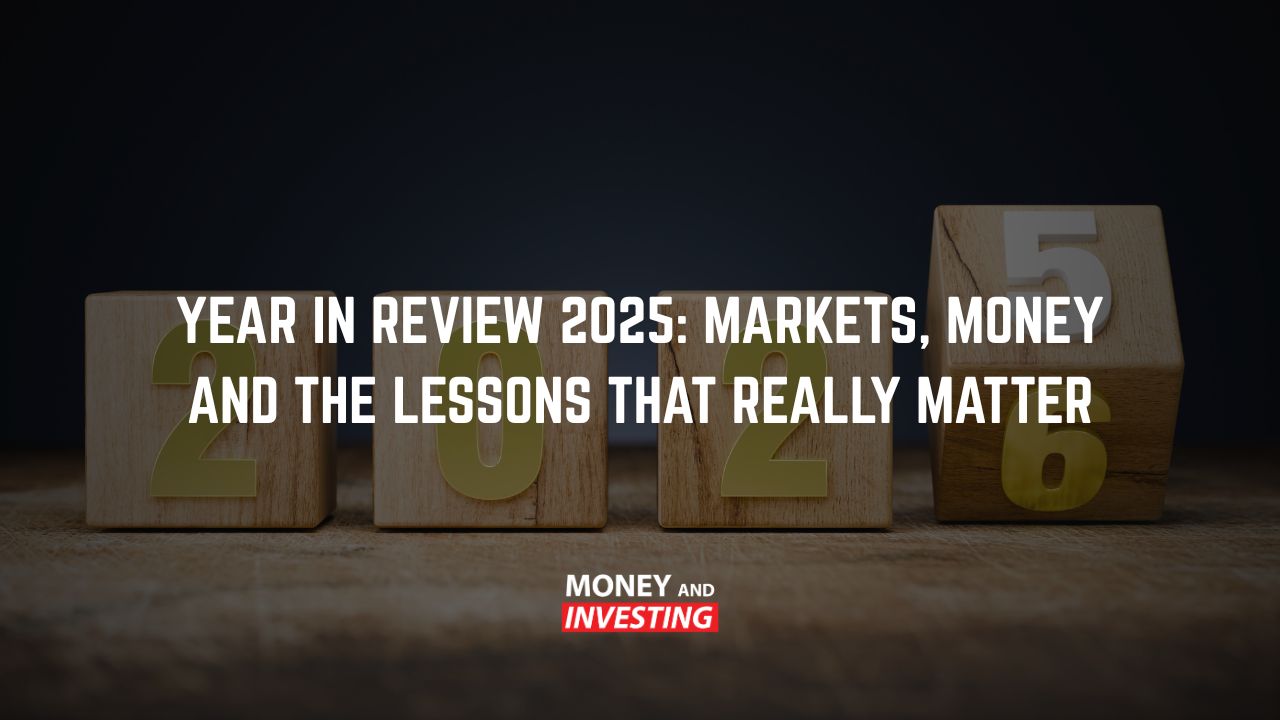Some investors are always trying to gain an edge on their investments by timing things to give them an extra boost on their return. Some do not bother, and simply stay in the market for an extended period. Join us this week as we jump into timing the market vs time in the market:
The Importance of Skills
When it comes to setting and forgetting, there are fewer technical skills required. If you are simply looking to buy and hold for the long-term, the skills involved are fairly straightforward as there is no intervention required over time. If you are moving down the timing the market pathway, Host Andrew Baxter explains that this is more complex and as a result you need some more expansive skills at your disposal to facilitate doing so. Even with an advanced skillset, trying to time the market can be unsuccessful in the stock market as you are largely at the mercy of market movements which can hurt or help you despite the skills you may have. For those on the moor passive end who aim to let time do its thing, although you are exercising less skills in your investment you can still be at the mercy of the market and it can have a major influence on your outcomes while you may not have the skills necessary to work around this.
Time in the Market
Although we have pointed out that the time in the market approach may not require quite as many skills, there are still things one can do to improve. Host Andrew Baxter explains that the ability to get started is often the first skill required which arguably makes it the most important as well. If you have some savings purely in cash that you want to grow, you can start by getting involved in simple market ETFs but instead of just leaving it there, you can try to regularly make contributions to this in order to increase your investment which can open you up to compounded returns. Although it seems simple and likely you’ll perform well over time relative to the market, the vast majority of fund managers using a time in the market approach are unable to perform in line with the overall market fairly regularly.
Timing the Market
As noted, the skills necessary to try to time the market are more intensive than what’s needed to hold over the long-term. Host Andrew Baxter knows there is not one key skill, but a combination of multiple. The ability to analyse charts and price action is highly important in timing markets. Ultimately investing in stocks comes down to 2 things, finding good companies and making sure you’re paying the right price for them. The latter is where technical analysis can come in handy as price action can present good times for entering the market as well as potentially times to exit the market. It also requires sticking to fairly stringent plans despite doubts inevitably creeping up which can be a big test of discipline and not something everyone can achieve.
Risk Management
Effectively managing risk is a strategy that can be integrated into longer term investing in order to offset some of the risk of holding through the bad times. Host Andrew Baxter explains that using put options can be an effective mechanism to defend against any of your holdings moving lower, particularly when you do not wish to sell the shares. Buying a put option against a holding provides an element of security in that if the stock price moves lower, the value of the put option will likely increase and provide a partial hedge against any losses you incur on your shares. Although the put options may cost you money, you can offset the cost by for example selling calls in what is called a collar strategy. This is just one example in a raft of many that can help you manage your risk if you go down the path of buying and holding for an extended period.



